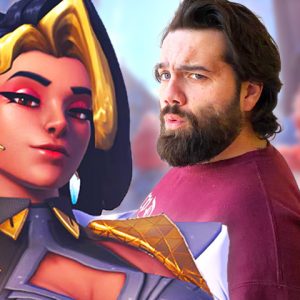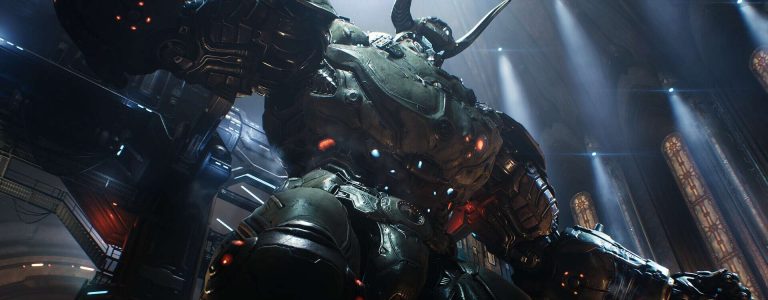In case you forgot, controversial YouTuber Logan Paul promised to pay back millions of dollars to folks who fell victim to his NFT “game,” CryptoZoo. The game—a sort of Pokémon-like where you collect, sell, and trade exotic animals on the blockchain—never really existed, though, which left the embattled content creator with a fat class-action lawsuit on his desk. Now, after swearing refunds were coming, Paul has delivered, although if you take his money, you aren’t allowed to sue him.
Read More: YouTuber: Logan Paul’s NFT ‘Game’ Is A Big Crypto Scam
Let me get you up to speed real quick. In 2021, Paul attempted to launch CryptoZoo, a “play-to-earn” NFT game the YouTuber described as “really fun.” Using the in-game currency of zoo coins, you’d buy egg NFTs that would hatch into animals, which you’d then breed to make rare hybrids that yielded more zoo coins the rarer they were. Once you cashed the zoo coins out, the money would start rolling into your crypto wallet. Sounds like a lowkey way to make some passive income by doing nothing.
Unfortunately, none of this happened. In fact, as YouTube investigator Stephen “Coffeezilla” Findeisen uncovered in a three-part series, not only was the game never playable, but folks lost a lot of money on something that didn’t exist because, as Paul put it, “con men” weaseled their way into and disrupted the project’s viability. This whole fiasco prompted Paul to try to right the wrong by enacting a three-step plan that would see him “finish and deliver” CryptoZoo while putting up $1.3 million for folks who wanted to wash their hands of the whole thing.
Fast-forward a few years and Paul is now offering to buy back CryptoZoo NFTs, essentially refunding people who lost hundreds—if not thousands—of dollars. In a January 4 post on X/Twitter, Paul announced that the buy-back program, which he said he’s “personally committing” $2.3 million toward, will be offered through February 8. You just need to submit a claim online to see if you’re eligible.
“As I said a year ago, CryptoZoo was derailed by bad actors. Bad actors who DID steal money and who betrayed our team while internally sabotaging the game,” Paul said in part of the X/Twitter post. “This has now been confirmed by an extensive investigation that has involved a forensic analysis of blockchain activity and the review of thousands of communications. […] This buy-back is a way for me to make whole those who intended to play CryptoZoo. The buy-back is not intended to compensate those who gambled on the crypto market and lost.”
That’s great. We love a refund. However, clicking through to the terms and conditions of the submission form reveals the catch. If you accept the agreement, then you are “waiving any actual or anticipated claims against Paul.” This means that if you’re eligible to participate in the buy-back program, you’re contractually swearing that you won’t participate in the class action suit or take any legal action against the YouTuber or anyone associated with him and CryptoZoo for any reason—monetary or otherwise.
In X/Twitter DMs with Kotaku, Richard Hoeg, a lawyer who specializes in digital and video game law, said what Paul is doing is a pretty common occurrence in court.
“Well, that would effectively be a settlement agreement,” Hoeg said. “Contractually, the way a settlement works is that one side agrees to pay money and the other agrees that all their claims are extinguished by the payment and they promise not to sue over such extinguished claims.”
Kotaku reached out to Paul for comment.
Read More: Logan Paul Says Some Of His NFT Game Devs Were ‘Con Men,’ But He Didn’t Scam
For his part, Paul openly admitted in the January 4 X/Twitter post that CryptoZoo “will not be released” because there are “too many regulatory hurdles that would need to be cleared,” which he said would ultimately delay the buy-back program. He also confirmed that he’s filed a counter lawsuit in Texas against the “bad actors” as a means to hold them accountable for their shit, though Paul didn’t name names. This is still all against the backdrop of the class-action lawsuit he currently faces.
























